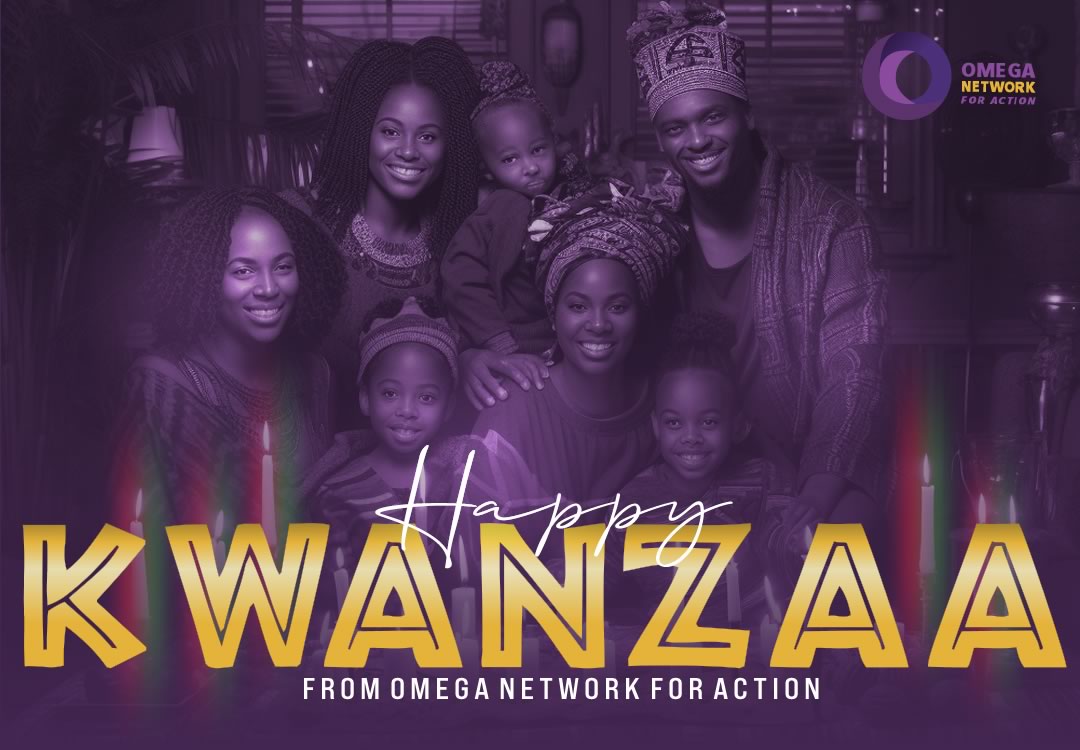Vice President Kamala Harris recently faced unwarranted backlash for celebrating Kwanzaa, the African-American cultural holiday that began on the day after Christmas. Created in 1966 by Dr. Maulana Karenga, Kwanzaa embraces seven principles, reinforcing unity, self-determination, collective work, cooperative economics, purpose, creativity, and faith.
As the Vice President shared warm wishes for a celebration filled with love and light, some critics on social media pounced on the opportunity to draw comparisons between her Kwanzaa post and her earlier Christmas message. This criticism reflects a misunderstanding of the essence of Kwanzaa and the importance of acknowledging and respecting cultural diversity.
Kwanzaa, rooted in the transformative struggles of the Black Freedom Movement, was conceived as an act of freedom, self-determination, and a celebration of African heritage. Former President Bill Clinton recognized its significance, marking a momentous acknowledgment of this cultural observance by the highest office in the United States.
The holiday’s seven principles, known as Nguzo Saba, are expressed in the Swahili language and guide the week-long celebration. From unity and self-determination to cooperative economics and faith, these principles are a testament to the resilience, strength, and unity of the African-American community.
Critics should recognize that Kwanzaa, although inspired by African roots, is a distinctly African-American holiday. The symbols, from the Kinara (candleholder) representing ancestors to the Mkeka (mat) symbolizing historical foundations, are vital components reflecting a rich cultural tapestry.
Every evening of Kwanzaa involves a candle lighting ceremony, focusing on one principle each day. It provides an opportunity for families to discuss and reflect on the principles, fostering unity and understanding. It is a celebration of culture, community, and family — values that resonate across diverse backgrounds.
As we witness unjust criticism of Vice President Harris’ celebration of Kwanzaa, it’s crucial to remember the broader significance of cultural observances. Embracing diversity, understanding various cultural celebrations, and fostering unity are integral to a truly inclusive society.
In these turbulent times, where freedom, justice, and peace are urgent and indispensable, Kwanzaa stands as a beacon of hope and a reminder of shared values. As we wish “Heri za Kwanzaa” to Africans around the world, let it be a celebration of the shared and indivisible goods of freedom, justice, and peace, rightfully achieved and enjoyed by all. It is an opportunity to learn from the principles of Kwanzaa, promoting unity and understanding in our diverse world.


